Before you offer your favorite little feline a bite of your guacamole, you should ask yourself a vital question: can cats eat guacamole?
Can cats eat guacamole? There is no absolute answer to this question because people use various ingredients in preparing guacamoles. However, since avocado is the primary ingredient in guacamole, there is a chance that cats can eat guacamole in limited amounts.
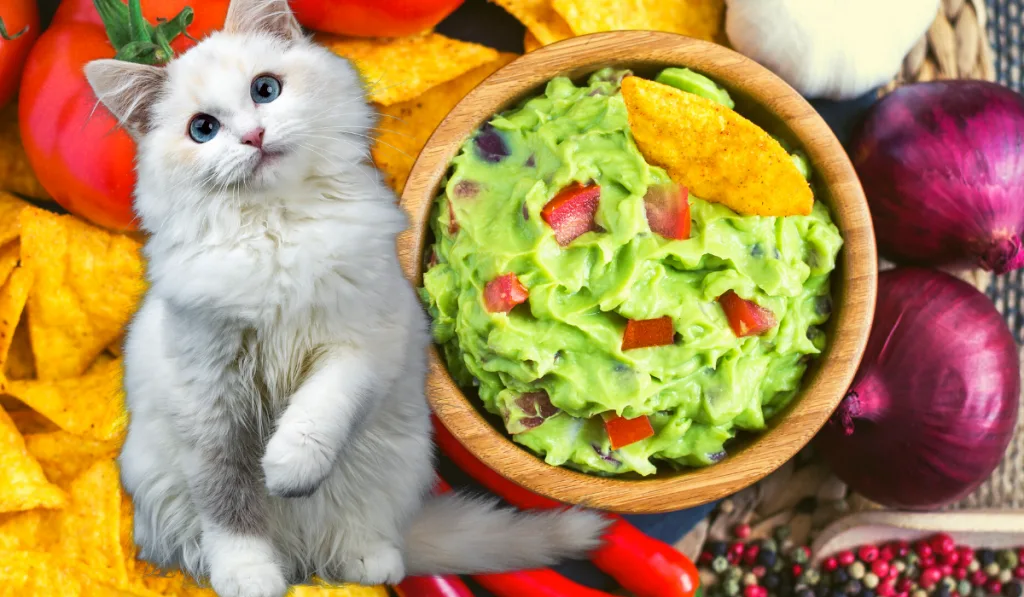
Depending on the ingredients used in making a serving of guacamole, your cat might be able to have some of it.
For one, if the guacamole you have was made from only avocado and salt, then your cat can eat it. However, you should only let your cat eat minimal amounts because avocado and salt consumed excessively can harm cats.
We did not come across a standard that defines how much guacamole cats can eat in a day in our search. But we advise that you do not exceed the 10% limit applied to most treats.
Therefore, if you intend to give your cat the type of guac described above, ensure it does not contain more than 10% of the daily salt limit of cats.
Generally, cats should not consume more than 21 to 43 milligrams of salt per day. So, within a day, you may limit the guacamole serving to one that contains 2.1 – 4.3 mg of salt.
Guacamole Ingredients That May Harm Cats
As indicated above, guacamole containing just avocado and salt is fine for cats in minimal amounts. But not all the common guac ingredients are safe.
When the following ingredients are added to the mix, guacamole becomes harmful to cats:
Onions
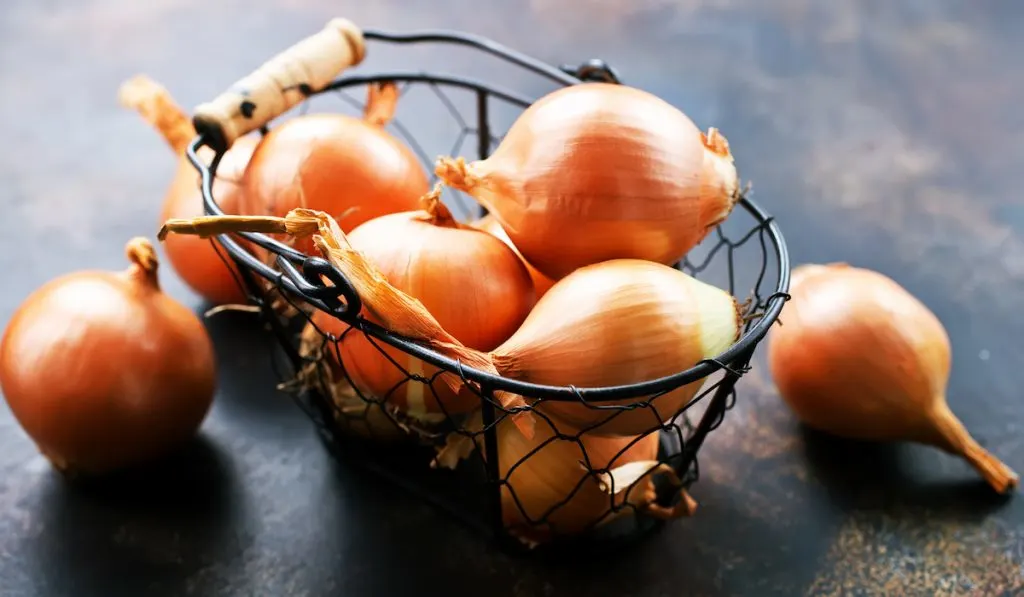
Guacamole containing onions is an absolute no-no for cats. Onions contain the compound n-propyl disulfide.
N-propyl disulfide can cause hemolytic anemia in cats. In other words, if cats consume sufficient amounts of onions, their red blood cell count will drop and they will become seriously ill.
Garlic
For the same reason as onions, cats should not eat guacamole that is prepared with garlic. The same thing applies when the guac is prepared with chives, scallion, shallot, and leek.
Jalapenos
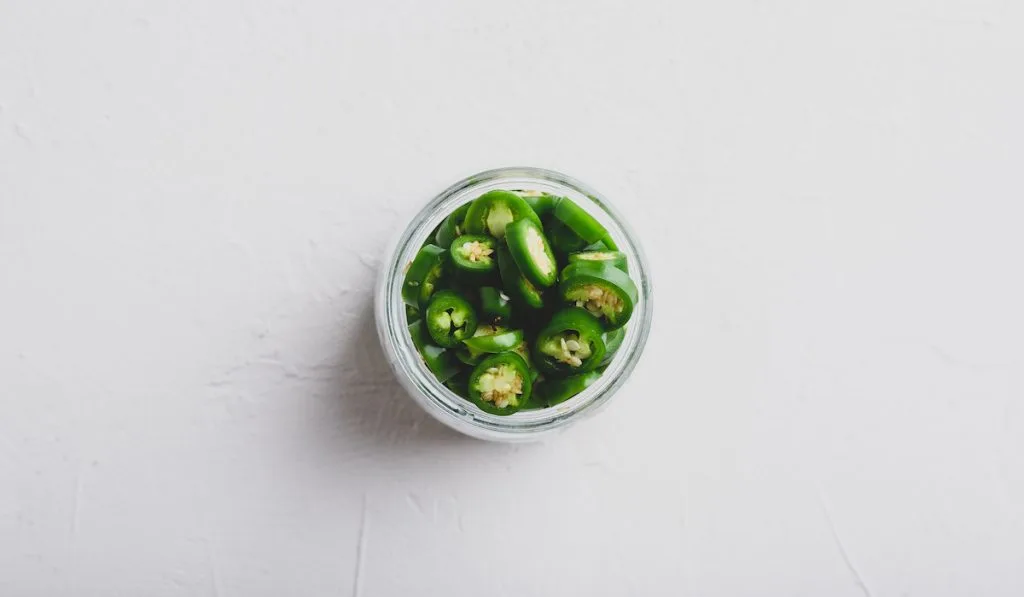
Do not let your cat eat guac that contains jalapenos.
Jalapenos contain capsaicin, a compound that can trigger vomiting and diarrhea in cats. Capsaicin is known to irritate both the mouth, throat, and stomach lining of felines. Hence, the resulting bout of diarrhea and vomiting.
Lime Juice
Guacamole that contains lime juice is not safe for cats. When cats consume lime, they suffer from various gastrointestinal symptoms and neurological symptoms.
One of the many compounds that causes lime poisoning in cats is psoralens. Alongside the other lime compounds toxic to cats, psoralens trigger diarrhea, vomiting, ataxia, photosensitivity, and many other symptoms.
Tomatoes
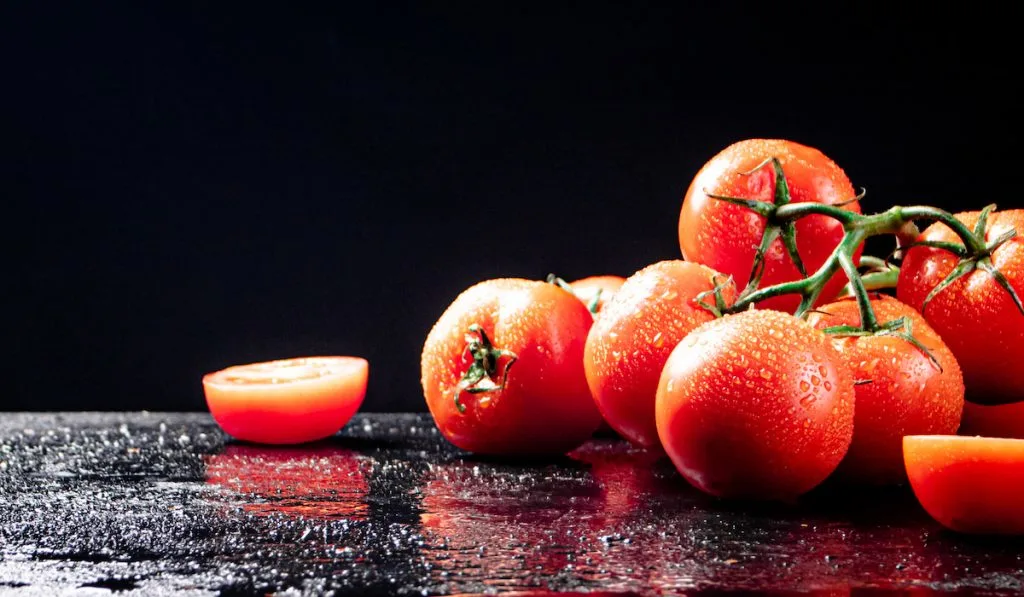
While ripe tomatoes may not be toxic to all cats, you should still avoid giving your cat guac that contains tomatoes.
For one, some cats cannot tolerate the acidity of tomatoes. Besides, unripe tomatoes and the non-fruit parts of tomatoes are toxic to cats because of solanine. You can never be sure that the guac was prepared with fully ripe tomato fruits.
The above are just some of the ingredients that make guacamoles unfit for cats. There are a few others we did not discuss. So, before giving your cat some guacamole, confirm that every item on the recipe is safe for felines.
In any event, if you intend to give your cat food items made with multiple ingredients (like guacamole), you had best prepare it at home yourself. This way, you can be sure of every recipe item used in the preparation.
7 Veggie Items Commonly Served in Guacamole That Are Safe for Cats
Basil
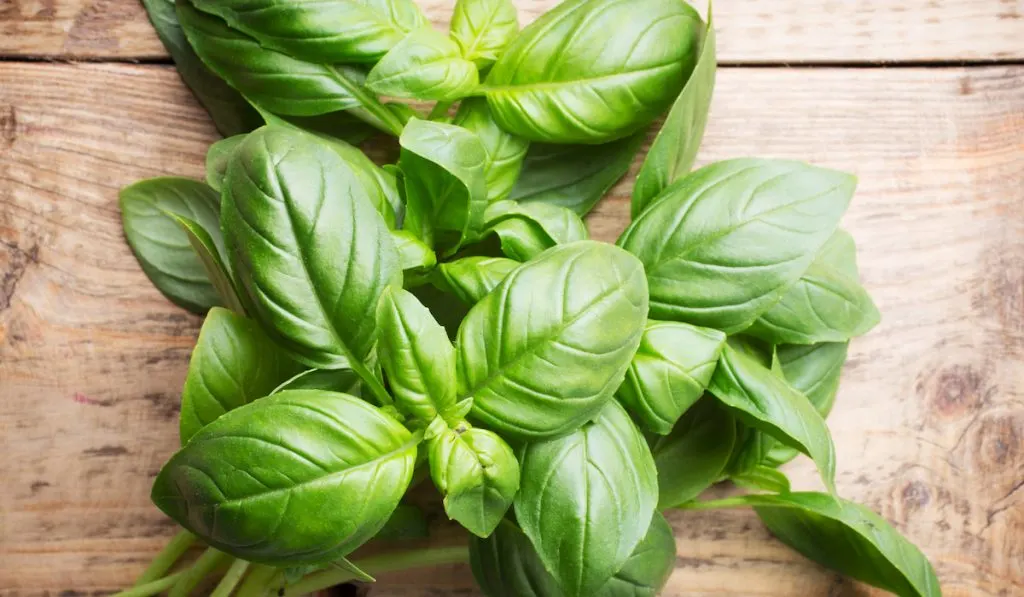
Basil is sometimes added to guacamoles, and the good news is it is non-toxic to cats. There are cases of vomiting and diarrhea caused by basil, but they are rare.
Unseasoned basil – whether cooked, dried, ground, or fresh – is unlikely to harm your cat when consumed with guac. Besides, basil may help lift your cat’s mood.
Broccoli
As long as it is unseasoned, broccoli is safe for cats to consume with guacamole. Broccolis offer antioxidants to your cats, and this can help with their overall wellbeing.
Carrot
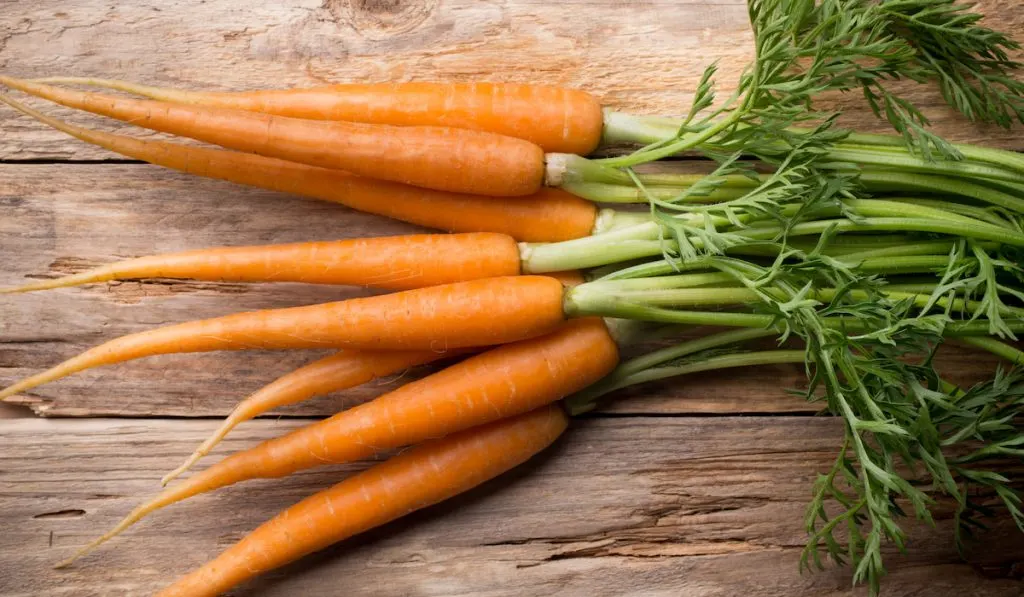
Carrots are safe for cats – of course, in limited amounts. Whether cooked or raw, you can give your cat some carrots alongside some guac.
Besides being crunchy, carrots offer various vitamins like beta carotene (vitamin A), potassium, manganese, vitamin K, and zinc.
Celery
In moderate amounts, celery is safe for cats alongside their guac. But if you let them have too much, it will upset their stomach.
Cucumber
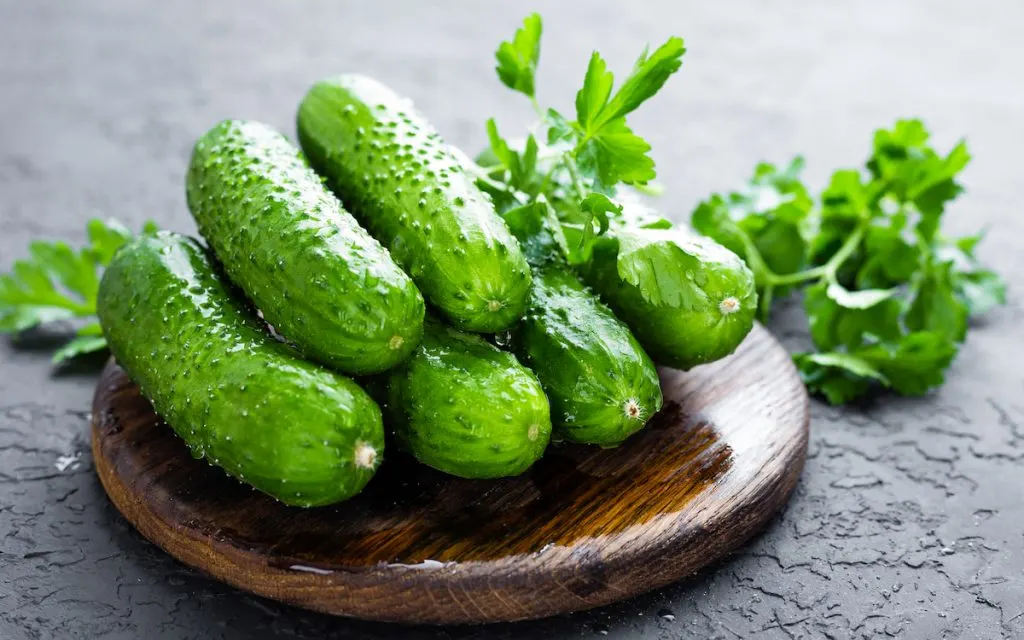
Cats are obligate carnivores, no doubt. But some of them will not turn down cucumbers.
Cucumbers are safe for cats in moderate quantities. So, if served with the ‘right kind’ of guacamole, your cat would be fine. Besides, cucumber is potentially beneficial to a cat’s digestion as it contains a lot of water and fiber.
Cilantro
Cilantro is generally considered safe for cats. So, if it is served with guac, your cat can eat it. However, note that there is a tiny chance that your cat might get a stomach upset from eating cilantro.
Peas
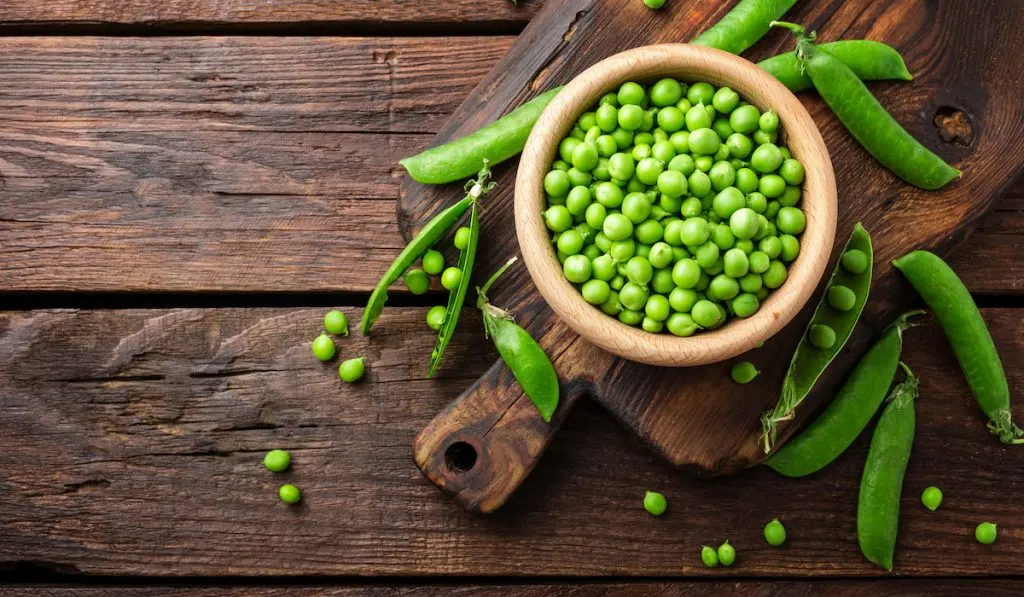
Cats can safely eat unseasoned peas – whether fresh, cooked, or frozen. Peas are not only safe for cats, but they offer some nutrients, including vitamin A, thiamin, pyridoxine, vitamin C, and vitamin K.
If you intend to give cats any vegetable they can consume safely, ensure it is unseasoned. Seasoned vegetables may contain ingredients that can harm your cat. So, it is better to give unseasoned ones.
Conclusion
Cats can only eat guacamole if the ingredients are safe for them. So, when guacamole contains food items like onions, lime juice, jalapenos, or garlic, keep it away from your cat.
But if it is served with carrots, peas, or cucumbers, you may let your cat have some of it.
Ultimately, before offering any human food to the feline, speak with your veterinarian first. The vet’s advice is your best bet to making the correct decision.
Resources
- https://www.litter-robot.com/blog/2020/05/05/can-cats-eat-avocado
- https://www.purewow.com/family/can-cats-eat-avocado
- https://basepaws.com/blogs/news/top-10-random-facts-about-cats
- https://cookieandkate.com/best-guacamole-recipe/
- https://faqcats.com/can-cats-eat-salt/
- https://wagwalking.com/cat/condition/onion-toxicity
- https://www.bloorcourtvetclinic.com/2019/03/21/garlic
- https://www.seniorcatwellness.com/can-cats-eat-spicy-food/
- https://wagwalking.com/cat/condition/lime-poisoning
- https://www.catological.com/can-cats-eat-tomatoes/
- https://www.gopetplan.com/blog/posts/can-cats-eat-basil
- https://www.foundanimals.org/planting-herbs-safe-for-cats-tips-for-a-cat-herb-garden
- https://www.dailypaws.com/cats-kittens/cat-nutrition/what-can-cats-eat/can-cats-eat-broccoli
- https://www.pawlicy.com/blog/can-cats-eat-carrots/
- http://www2.readingeagle.com/article.aspx?id=149436
- https://pets.webmd.com/cats/ss/slideshow-people-foods-cats-can-eat
- https://www.cancateat.com/can-cats-eat-cilantro/
- https://excitedcats.com/can-cats-eat-cilantro
- https://cattime.com/cat-facts/health/43788-can-cats-eat-peas-safe
